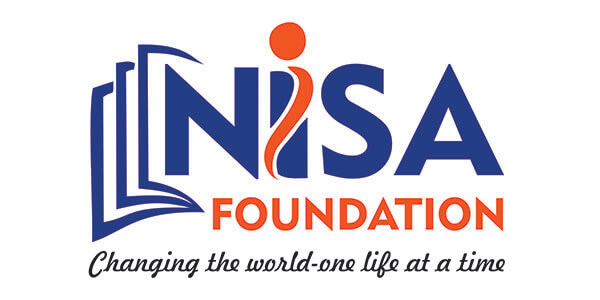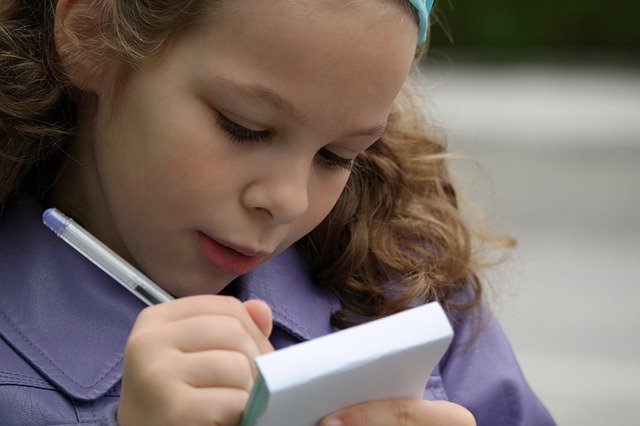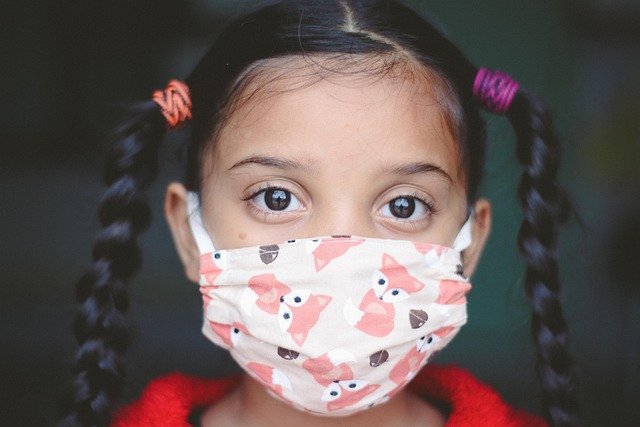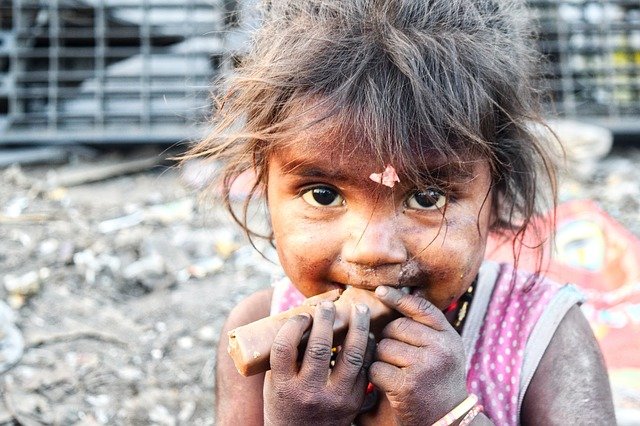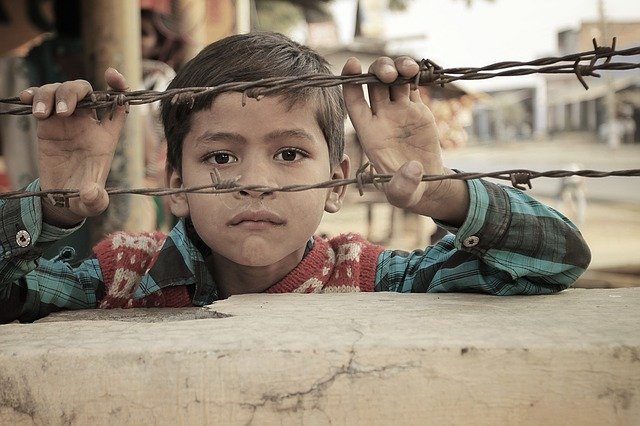For however long as individuals are around, we wonder how we could best accomplish our life goals. These existential issues seem human and often lead people to launch sustainable development initiatives to impact the world significantly. However, sometimes, the difference between what an individual can achieve and how we might help our domestic and international communities is hard to see. Although you don’t try to solve global hunger or climate change, strategizing ways can significantly impact your community. It doesn’t stop with us if we help others. Studies have shown that fellow humans are also more inclined to help when we help those around. This arrangement implies that the more time and resources we offer to the issues that affect us, the more people we reciprocate. Thus the actions of one person can turn the world into a good one. Altruism is transmittable, and you can create a change one day. You may not see how you influence the people you serve, but everything you engage in to bring about change can add up over time. Think about how much nicer our world would be if every man committed to only one act of generosity a day.
Most people in our lives declare, “I want to transform the world” at some point. We are all hard at work helping someone else, and altruism is part of being human. That is why people volunteer for something larger than themselves or devote their time to it. However, constructive or efficacious change is neither instant nor wide-ranging. It can take several months to have a real impact, and holding a critical place means improving it for a few. Whenever you change the world of only one person, you are starting a paradigm shift that can improve lives for future generations.
Education in Developing Countries
Growth and development are crucial to education. All achievements of evolution are made possible by human minds. To fully harness these advantages, countries must unleash human psyche potential. And there’s no practical option other than schooling to do that. Education too is regarded as among the most beneficial things in our lives. We can believe that education seems to be the competency or understanding which can be acquired. Education could indeed teach us positive things and awful as human beings; it can assist us in making a good preference for our plan depending on our weaknesses and strengths and guide us into our social role.
Certain countries have no excellent educational standards, which leads to a society that lives without aim. A few of them are criminals or ineffective individuals, so they have not felt their role in improving their nations. Many have no responsibility to their kids, which makes children recognize them to be hostile citizens.
It is evident that, based on economic matters and how the global community is continuing to grow, the school system changes occasionally. Education today is shaped into an actual process run by government professionals, and many nations invest heavily in education, which demonstrates just how essential it is in our lives today. Each country has a different educational system founded on its economic stability, state infrastructure, and government officials’ standards. There seems to be a significant difference between education for children in developed nations and developing countries. Thus, learning will be complex for everyone, but it will be the correct schedule for the next decade. The know-how and abilities acquired today by children and young people will contribute to their career progression, productivity, and wellness in the coming decades to guarantee the flourishing of their communities worldwide.
Education through all aspects is essential to disrupting the poverty cycle. This program heightens impact on other facets of society, such as education for women, which can seem unconnected and lower pre-natal deaths. We agree that education assists individuals make better and informed decisions and choices, their means of livelihood, and how they live. The link between income and education seems to be complicated. Education also plays an essential role in fighting for children’s rights to educate children and show older people the value of respecting their children’s fundamental human rights, such as access to education. Children who grow up in economic hardship often continue to stay even in adulthood in poverty. Government agencies and nonprofit entities have produced various programs and initiatives to attempt to break this cycle. Thus, the success of this program to oversee equal access for education in the under-developed nations will depend on the participation of key players in both the developed and developing countries.
